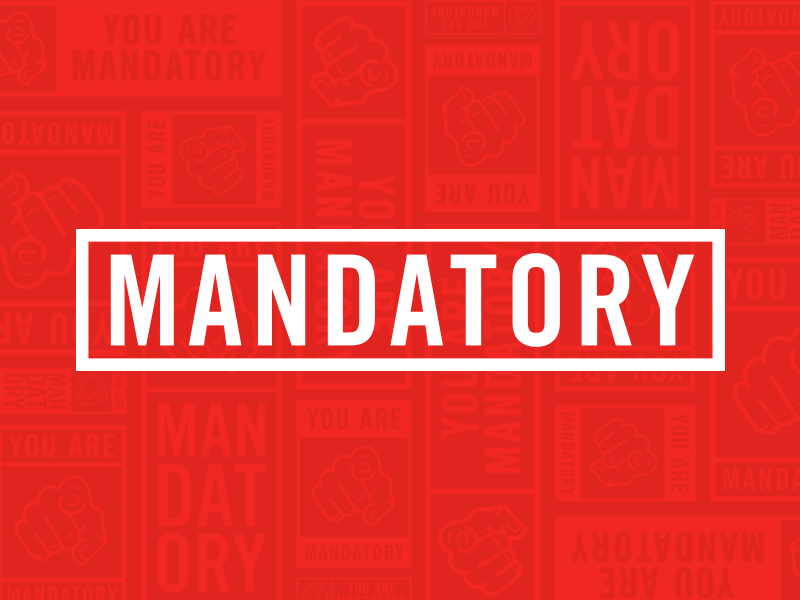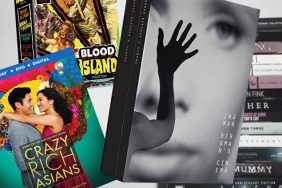
I don’t know about a found footage cop movie. End of Watch is a legitimately powerful drama on its own, and I’m used to found footage now so I can tolerate it. Maybe writer/director David Ayer felt guilty about making a third genre movie so found footage was his “hook.”
Officer Brian Taylor (Jake Gyllenhaal) is making a video project for a film class (he studies on the side). That explains why any time he and Officer Miguel Zavalla (Michael Pena) are out of range of the patrol car camera, they still have footage. Taylor is warned or outright chastised three times for filming, but he and Zavalla wear button cameras on their uniforms, and even the gangbangers film their crimes so we have their angle too.
Where End of Watch gets it right is focusing on the daily calls a squad car patrol makes. There’s no big conspiracy or serial killer they have to catch. It’s just the impossible situations they find themselves in daily with drug addicts, the mentally unstable or the criminally violent.
This is also what makes cop shows such infinite wells of drama, but for some reason most cop movies force a contrived plot. Even Ayer’s previous movies dealt with corruption scandals. “The Shield” did the long-game version of that, and that was something special, but lately I’ve been admiring the impossibility of every disturbance a cop may respond to. “Southland” does it the best. This is the essence of drama, let alone police drama.
The focus on incidental drama makes the basic police procedure thrilling. Just getting a perp to back away and cross his feet is edge of your seat suspense. Is he going to cooperate or whip around and attack? Ayer stages great tension and buildup in every call to which the officers respond. It captures the sudden violence that a basic pull-over could ignite. Again, “Southland” does that too.
The movie can be a little more graphic and elaborate than a TV episode can be. It’s not just about spending hours in a makeup chair portraying a graphic wound. They can also spend a little more time showing the officers reaction to violence. The officers of End of Watch are a little more measured and nuanced. Not in a “violence is bad” way, but thankfully not in a “we gotta do what it takes to cope” way either.
The relationship between Taylor and Zavalla is natural. They’re not too movie-clever, but they do creature a strong bond. They talk about their relationships and how Latin people do this and white people do that. There’s some mild homophobia that’s probably realistic in that world, but not insensitive for modern audiences.
I really didn’t want these guys to get shot. Not because they have wives and kids or all the stuff that’s set up, but just because they’re human beings. That’s the greatest achievement of End of Watch, that it wasn’t just the cop movie trappings of good guys and bad guys. I just didn’t want the deadly drama of the street to overtake these characters I was watching.
The combination of found footage and police bravado was a little off-putting for about 20 minutes or so. Then when the boys calmed down a little and did actual police work, I was hooked. The most powerful scenes are still the ones that unfold before a stationary camera. You could have gotten more out of staging scenes with an objective camera in single takes. Half of the first person footage is fish-eyed, not a good look in my opinion. And I don’t know who was videotaping Taylor sleeping with his girlfriend (Anna Kendrick), perv.









